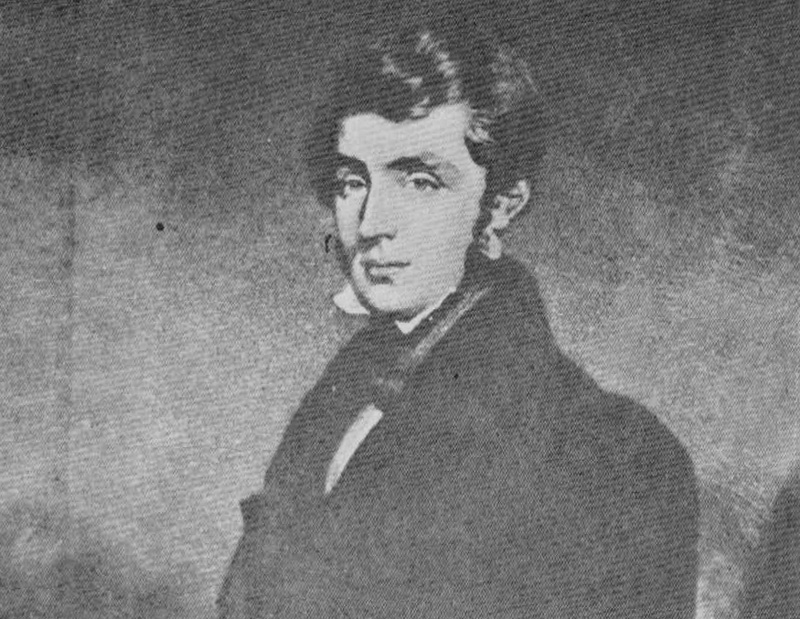
HISTORICAL EVENTS THAT TOOK PLACE ON THIS DAY IN CANADA
14 June

Lord Sydenham (1799-1841)
Kingston Chosen Capital
When Upper and Lower Canada were united in 1840 there were many difficult problems. Lower Canada had a population of 600,000 and was relatively debt-free. The French-speaking Canadians claimed they were being placed under an English dictator, Governor Sydenham, and that Montreal was being annexed to Upper Canada. Upper Canada had a population of only 400,000 and had piled up a huge debt for those days through the building of roads and canals. English-speaking opponents of Union believed that they would be dominated by the French.
There was also the problem of where the capital should be. Kingston was chosen as a compromise. Quebec was too far to the east, and too French. Toronto was too far to the west, and too English. The new Parliament opened on June 14, 1841, in a hospital. The assembly rooms were airy, members had desks and chairs, and Governor Sydenham claimed they were more comfortable than the members of Parliament in Britain.
French Canada was shocked when Sydenham did not include one of its representatives in his executive council, and only eight French-speaking members in the legislative council of twenty-four. Sydenham claimed that he could not find enough French Canadians of ability who had not been identified with the rebellion in Lower Canada in 1837-1838.
On the first day of the session, Robert Baldwin, who was leader of the Reform Party in Upper Canada which had a majority, insisted that Sydenham should remove the Tories from the Council and replace them with Reformers, including representatives from Lower Canada. Sydenham refused and so Baldwin resigned from the Council. He and Louis Hippolyte Lafontaine, leader of the Reform Party in Lower Canada, then joined together to lead the Opposition. Lafontaine had been one of the rebels who had fled to the United States. By a strange quirk of fate, he was to become the first joint premier of United Canada.
There was an interesting sidelight to the Baldwin-Lafontaine alliance. Baldwin offered Lafontaine, defeated in Lower Canada, a safe scat in York. Two years later Lafontaine found a safe seat for Baldwin in Rimouski. It was one of the first examples of co-operation between French- and English-speaking Canadians.
OTHER NOTABLE EVENTS ON THIS DAY IN CANADIAN HISTORY
14 June
-1610 Champlain left Quebec to attack the Iroquois on the Richelieu River.
-1776 The retreat of American Generals Arnold and Sullivan marked the end of the invasion of Canada.
-1864 John A. Macdonald voted against Confederation (see June 22) .
-1872 The C.P.R. General Charter was passed, authorizing the construction of a transcontinental line by a private company.
-1887 The first C.P.R. steamer arrived at Vancouver from Japan.
-1919 Alcock and Brown flew on the first successful flight across the Atlantic from St. John's, Newfoundland.